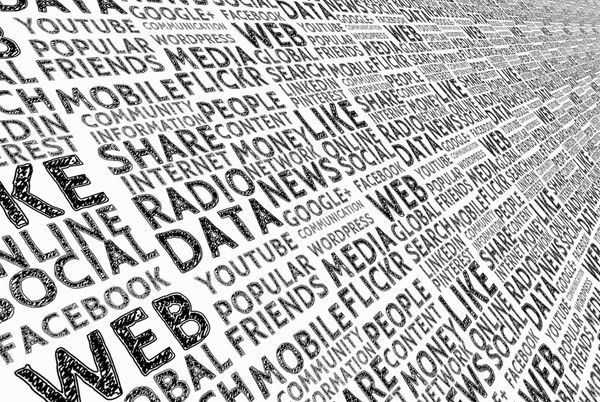What is your digital footprint?

Roaming the internet creates a trail that remains when you close the web browser or sign out of a service. This collection of data is your digital footprint, and it serves to build a profile in the online world that is not necessarily associated with your person.
Your digital footprint, also known as a digital shadow, is the sum of your entire activity on the internet. It is generated when you visit a website, access a service or use a web application. Your online activity is passively tracked through cookies typically, but your actions also have a significant contribution.
Consider that when you land on a web page, the minimum information disclosed to the owner includes the IP” address – which can give away your geographical location, operating system, and web browser used. Additional data can be added, though.
Any mark you leave in the online world is recorded and adds to your digital footprint. Reactions to posts on social media, comments to articles, surveys taken, subscriptions to newsletters, votes, shared photos, and other forms of online expression create a footprint that can be used to identify you in the real world.
Specialized companies (data brokers) collate these breadcrumbs into a rich profile that contains comprehensive demographic data, interests, purchase behavior, and affiliations. Depending on the details you leave online and the reach of the data broker, the profile may also include sensitive information that is best kept private.
How does your digital footprint affect you?
Digital footprints are used to form a better picture of you as an internet user, with all your likes and dislikes. This helps third parties serve content that will cause you to react in an expected way. The advertising industry relies heavily on these trails to deliver customized ads on the pages you visit.
Your active digital footprint is shaped by what you leave on the internet intentionally. Public posts, reactions on social media platforms, and other forms of deliberate sharing online are of more interest to certain parties.
Recruiters and employers often look at profiles on social media or public networks for background checks of current and potential employees. If inappropriate content is discovered, the employer can reject a candidate or fire an existing one.
Some actors have a more nefarious agenda that can create damage by taking advantage of an easier to find, more prominent identity on the web. Malicious parties can benefit from your oversharing to seriously impact your online privacy and reputation or to obtain financial rewards.
Oversharing exposes young users to online bullying and harassment, while adults can fall victim to scams and social engineering attacks that make use of exposed pieces of personal info. The risk of identity theft and financial loss increases as well.
Stop guessing what the internet knows about you. Find out with Bitdefender”s Digital Identity Protection!
tags
Author
Alina is a history buff passionate about cybersecurity and anything sci-fi, advocating Bitdefender technologies and solutions. She spends most of her time between her two feline friends and traveling.
View all postsRight now Top posts
How to Protect Your WhatsApp from Hackers and Scammers – 8 Key Settings and Best Practices
April 03, 2025
Outpacing Cyberthreats: Bitdefender Together with Scuderia Ferrari HP in 2025
March 12, 2025
Streamjacking Scams On YouTube Leverage CS2 Pro Player Championships to Defraud Gamers
February 20, 2025
How to Identify and Protect Yourself from Gaming Laptop Scams
February 11, 2025
FOLLOW US ON SOCIAL MEDIA
You might also like
Bookmarks







